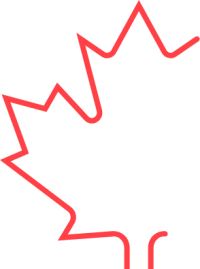
The COVID-19 pandemic contributed to capacity pressures felt by hospitals for many years. As a result, many hospitals are struggling to effectively manage patient flow. Poorly managed patient flow results in adverse health outcomes for patients, extra stress for hospital staff, and capacity problems including overcrowded emergency departments (EDs) and/or cancelled procedures.
Eager to improve patient flow through its facilities, Grand River Hospital turned to Toronto-based health AI start-up, Signal 1. Signal 1 offers hospitals an enterprise-grade AI platform that hosts multiple machine learning solutions including one that supports proactive discharge planning.





Signal 1’s Discharge Solution predicts the likelihood that a patient is nearing the end of their acute phase of care and is ready for discharge planning. The algorithm automatically updates every morning and generates a report for staff that lists the patients who are high priority for discharge planning along with their discharge barriers. The report enables multidisciplinary care teams to reduce the time identifying which patients are ready for discharge planning and helps them coordinate on a common set of high-priority patients.
Using Signal 1’s machine-learning-based system, Grand River Hospital is aiming to:
- Increase effective hospital capacity and improve hospital flow by reducing the amount of time discharge-ready patients are kept in hospital.
- Deliver an improved provider experience by improving the coordination of resources for discharges across the care team.
Grand River Hospital is currently exploring this system in the clinical teaching unit and general medicine unit.

